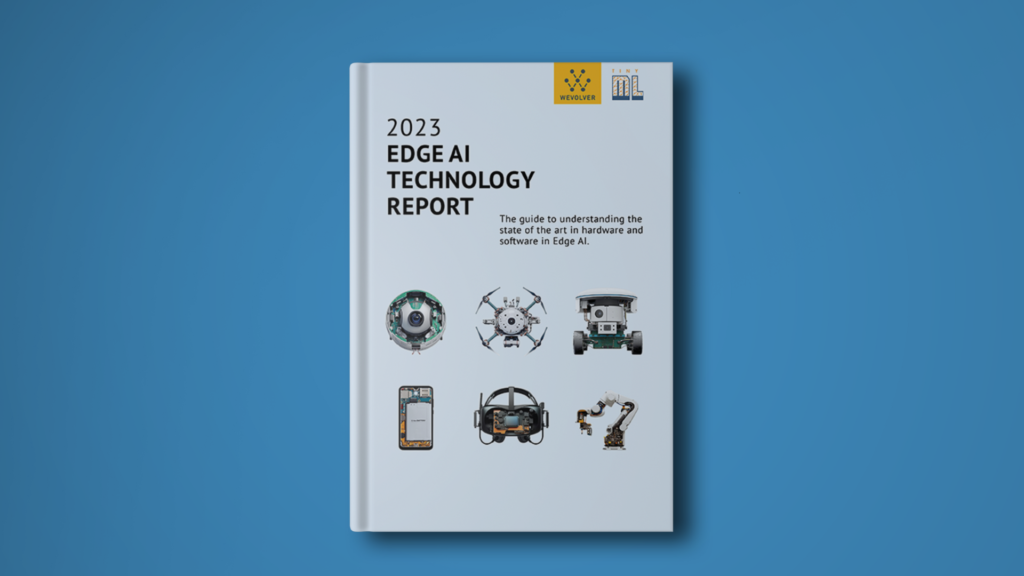In today’s evolving technology landscape, AI is not merely “artificial”; it is artfully intelligent. But unlike art, AI’s practical applicability requires high levels of efficiency, a challenge the industry still grapples with.
Particularly with deep neural networks, we seem to encounter a challenge. While these networks dazzle us with their ability to recognize faces, translate languages, and make complex decisions, they also come with a voracious appetite for resources. High memory, compute power, and energy consumption have become almost defining characteristics of contemporary AI models, holding AI back from true ubiquity and rendering the need for operational efficiency ever more pressing.
In this article, we take a deeper look into Qualcomm AI Research’s model efficiency research aimed at enhancing power efficiency and boosting AI performance. From the intricacies of Neural Architecture Search (NAS) to the groundbreaking quantization methods, we will discover how Qualcomm AI Research is leading the charge to unlock the full potential of AI.
Qualcomm AI Research’s Focus on Model Efficiency
Qualcomm AI Research is at the cutting edge of AI, committed to tackling the intricate challenge of AI model efficiency through practical strategies that aim to enhance both power efficiency and performance. With its aim to make AI’s core capabilities ubiquitous across devices, Qualcomm AI Research has adopted a holistic approach to AI model efficiency, delving into the practical aspects of full-stack AI optimization.
Addressing AI’s resource-intensive nature requires an approach that encompasses machine learning hardware, software, and algorithms. As a result, their research efforts aim to ensure that AI systems operate efficiently without compromising functionality, making AI more adaptable and efficient across a diverse range of devices, particularly mobile devices. As Jilei Hou, VP Engineering at Qualcomm AI Research, states, “Our holistic systems-approach to full-stack AI is accelerating the pipeline from research to commercialization.”
But what exactly is this holistic approach to AI model efficiency? How is it implemented, and what angles does Qualcomm AI Research tackle the model efficiency challenge from?
A Holistic Approach to AI Model Efficiency
Qualcomm AI Research’s mission to unlock the full potential of AI centers around a comprehensive strategy that attacks the model efficiency challenge from multiple angles. This multifaceted approach is driven by the recognition that optimizing AI models requires a combination of techniques.
Basically, there is no one-size-fits-all solution to AI model efficiency. Just like art, shrinking AI models down and running them efficiently on hardware can and should be approached in multiple ways, including quantization, compression, Neural Architecture Search (NAS), and compilation.
Qualcomm AI Research is a strong believer in quantization as evidenced by their leading research and products in the market. Quantization enables the AI model to run efficiently on dedicated hardware, thus enhancing its performance while minimizing its consumption of power and memory bandwidth. With focus on quantization-aware training and post-training quantization, Qualcomm AI Research’s results demonstrate how effective integer inference is in improving the tradeoff between accuracy and on-device latency.
With compression, Qualcomm AI Research aims at reducing the size of AI models without compromising their functionality by removing parameters. In other words, with no sacrifice to model accuracy, Qualcomm AI Research’s compression technique systematically removes activation nodes and connections between nodes, rendering the AI model smaller and more efficient. Quantization and compression of neural networks are supported by Qualcomm Innovation Center’s AI Model Efficiency Toolkit (AIMET) library.
Another approach is Neural Architecture Search (NAS). Their research in NAS focuses on automating the design of efficient neural networks that are much smaller than a large state-of-the-art model. Qualcomm AI Research seeks to develop search algorithms and methodologies that automatically create optimal network architectures tailored to specific tasks. This streamlines the process of designing AI models, enhancing their efficiency and performance.
Furthermore, advanced compilation techniques optimize the execution of AI models on various hardware platforms. By tailoring AI models to the underlying hardware architecture, they ensure that the models run efficiently, achieving the desired performance while conserving resources.





